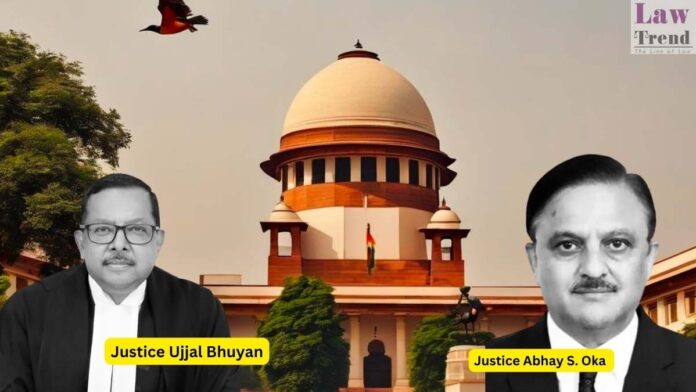In a significant judgment reinforcing the principle that a complainant must come to court with clean hands, the Supreme Court of India has quashed a criminal complaint filed under Section 138 of the Negotiable Instruments Act, 1881. The Court held that suppression of material facts while initiating criminal proceedings amounts to an abuse of the
To Read More Please Subscribe to VIP Membership for Unlimited Access to All the Articles, Download Available Copies of Judgments/Order, Acess to Central/State Bare Acts, Advertisement Free Content, Access to More than 4000 Legal Drafts( Readymade Editable Formats of Suits, Petitions, Writs, Legal Notices, Divorce Petitions, 138 Notices, Bail Applications etc.) in Hindi and English.




